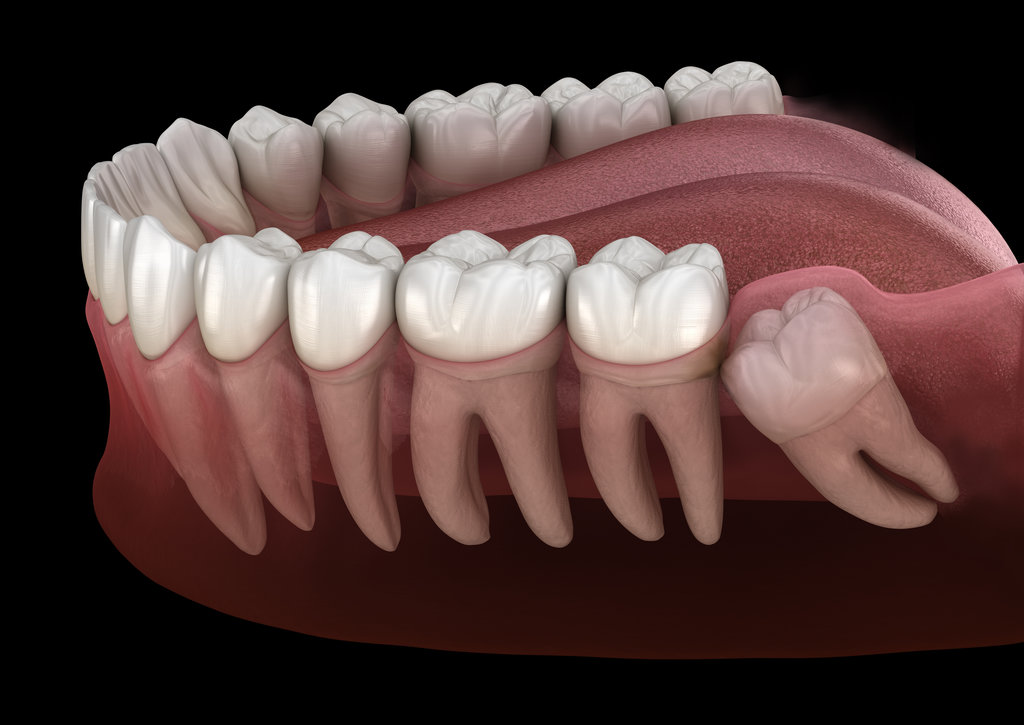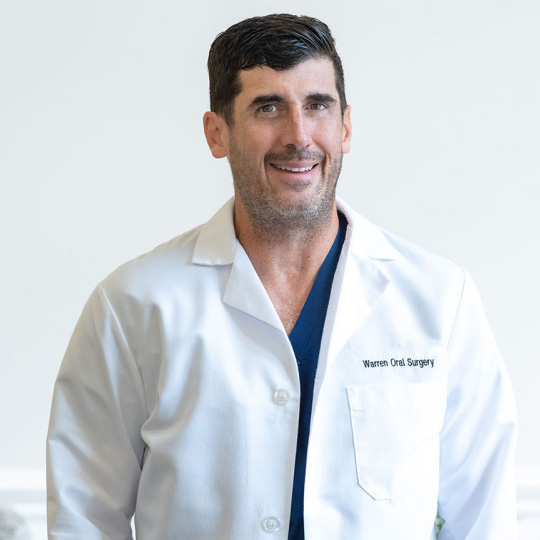
When it comes to wisdom tooth extraction, misinformation spreads faster than facts. Many patients arrive at our office with preconceived notions that can create unnecessary anxiety about what should be a routine procedure. Understanding the truth behind common misconceptions can help you make informed decisions about your oral health.
At Warren Oral Surgery, our team of skilled oral surgeons has performed thousands of wisdom tooth extractions. We believe that educated patients are more comfortable patients, which is why we’re dedicated to separating fact from fiction when it comes to wisdom tooth removal.
Myth 1: Everyone Needs Their Wisdom Teeth Removed
One of the most persistent myths suggests that wisdom teeth automatically require removal simply because they exist. This blanket assumption overlooks individual circumstances and oral anatomy.
The reality depends on several factors, including jaw size, tooth positioning, and oral hygiene capabilities. Some people have adequate space for their wisdom teeth to emerge properly and can maintain them with good oral care. Others may experience crowding, impaction, or difficulty cleaning these back molars effectively.
Our oral surgeons evaluate each case individually, considering factors such as available space, alignment, and your ability to keep the area clean. We only recommend extraction when keeping the teeth poses risks to your overall oral health.
When Removal Becomes Necessary
Extraction typically becomes necessary when wisdom teeth are impacted, causing crowding or creating areas that trap food and bacteria. According to the American Dental Association, impacted wisdom teeth can lead to pain, infection, and damage to adjacent teeth if left untreated.
Myth 2: Wisdom Tooth Extraction Is Extremely Painful
Fear of pain often prevents people from seeking necessary treatment, but modern extraction techniques have made the process significantly more comfortable than many patients expect.
During the procedure, local anesthesia ensures you feel no pain. For more complex extractions or anxious patients, we offer various sedation options, including IV sedation and general anesthesia. These options help you remain comfortable and relaxed throughout the procedure.
Post-operative discomfort is typically manageable with prescribed pain medication and proper aftercare. Most patients report that the actual experience was far less uncomfortable than they had anticipated.
Following your surgeon’s post-operative instructions significantly impacts your comfort level during healing. This includes taking medications as prescribed, applying ice packs, eating soft foods, and avoiding activities that might disrupt the healing process.
Myth 3: You Should Wait Until Wisdom Teeth Cause Problems
Many people believe they should delay treatment until experiencing pain or obvious complications. However, waiting often leads to more complex procedures and extended recovery times.
Younger patients typically experience easier extractions and faster healing because their tooth roots haven’t fully developed, and the surrounding bone is less dense. The optimal time for removal is usually during the late teens or early twenties, before complications arise.
Preventive extraction can help avoid future issues such as crowding of other teeth, cyst formation, or damage to adjacent molars. Early intervention often means simpler procedures and better outcomes.
Myth 4: Wisdom Tooth Extraction Affects Your Intelligence
Despite their name, wisdom teeth have no connection to intelligence or cognitive function. The term “wisdom teeth” simply refers to the fact that these molars typically emerge during late adolescence, when people are considered more mature.
Removing wisdom teeth will not impact your mental capabilities, memory, or decision-making abilities. This misconception likely stems from the historical association between teeth and various aspects of health and personality.
The only changes you might notice after extraction relate to improved oral health and relief from any discomfort caused by problematic wisdom teeth.
Myth 5: All Four Wisdom Teeth Must Be Removed at Once
While removing all four wisdom teeth during one appointment can be convenient, it’s not always necessary or advisable for every patient. The decision depends on individual circumstances and patient preferences.
Some patients prefer addressing all problematic wisdom teeth simultaneously to avoid multiple procedures and recovery periods. Others may choose to extract only the teeth causing immediate issues or space the procedures over time.
Our surgeons work with you to develop a treatment plan that considers your specific situation, comfort level, and schedule. We’ll explain the benefits and considerations of different approaches to help you make the best decision for your needs.
Experience Expert Wisdom Tooth Care at Warren Oral Surgery
At Warren Oral Surgery, our team of six skilled oral surgeons, including Dr. Sullivan, Dr. Aramphongphan, Dr. Awadallah, Dr. Bae, Dr. Zambetti, and Dr. Marquis, brings decades of combined experience to every procedure. Since our founding in 2004 by Dr. Sullivan, we’ve maintained our commitment to providing compassionate, individualized care using the latest surgical technology. Our state-of-the-art facility features 15 modern operatories and advanced equipment designed to ensure your comfort and safety.Don’t let misconceptions prevent you from getting the care you need – contact us at (908) 222-7922 or schedule your consultation online to discuss your wisdom tooth concerns with our expert team.

